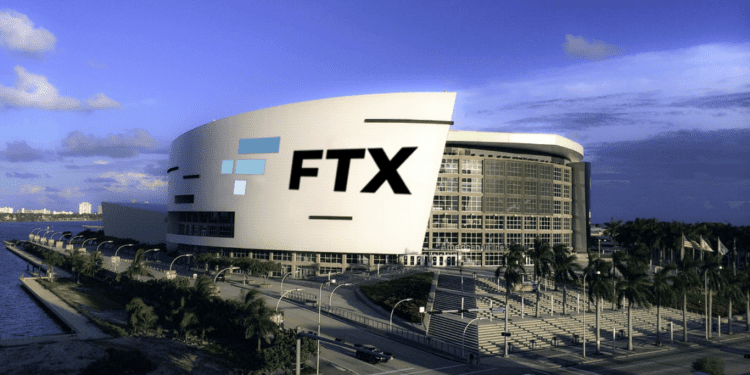- Almost 117 parties are interested in FTX units.
- FTX is planning to sell FTX Europe, FTX Japan, LedgerX, and stock-clearing platform Embed.
- The DOJ is not for the idea of FTX selling some of its valuable assets because of the serious allegations made against the collapsed firm.
On Sunday, a legal posting said that about 117 parties had shown interest in purchasing FTX units, with the deadline for initial bids around the corner.
On Sunday, a legal declaration by a partner at Perella Weinberg, Kevin Cofsky, said,
“approximately 117 parties, including various financial and strategic counterparties globally, have expressed interest to the debtors [FTX] in a potential purchase of one or more of the businesses.”
Perella Weinberg is the investment bank that FTX Group hired to represent the fallen crypto company.
The company, currently amid a bankruptcy case that could take years, has prioritized selling FTX Europe, FTX Japan, LedgerX, and the stock-clearing platform Embed.
According to FTX, the items are to be sold because they are easier to separate and can lose value if not sold earlier.
Also, as stated in a document filed to the U.S Bankruptcy Court of Delaware,
“Based on their preliminary review, the Debtors own or control several subsidiaries and assets that are regulated, licensed, and largely not integrated into the Debtors’ operations, within and outside of the United States. The Debtors believe a number of these entities have solvent balance sheets, independent management, and valuable franchises.”
Cofsky said that the company has gotten into 59 private agreements so far. LedgerX has 56 expressions of interest; FTX US’s derivative arm is still solvent in the FTX empire, among a few others.
On Saturday, The Department of Justice (DOJ) responsible for bankruptcy cases, the U.S. trustee, protested that the agreement will need to protect consumer privacy and that where there were consequential allegations of wrongdoing, there should be no attempts to sell valuable assets.
In response to the DOJ, FTX posted on Sunday that it would not sell off any claims associated with Caroline Ellison, Gary Wang, Sam Bankman-Fried, Nishad Singh, and their families. This is because of the allegations made towards them by the DOJ with commodity and securities and regulators.
The deadlines for putting forward initial bids for the four companies are set to end between January 18 and February 1. However, a committee representing the FTX creditors stated they “cautiously agree” to continue with the sale.
Closing Thoughts
Last year, FTX petitioned a federal court to allow the firm to sell some subsidiaries. Almost 117 parties are interested in buying the units that FTX has prioritized selling.
FTX had recently acquired most of these units, in that they functioned independently of the mother company. Therefore, the units’ assets and funds are separated from FTX, which is not the case for other subsidiaries in the company.
In contrast, John Ray 111, FTX’s new CEO, said in a congregational testimony that even the firms supposedly separated from FTX, like the FTX US were not independent.














